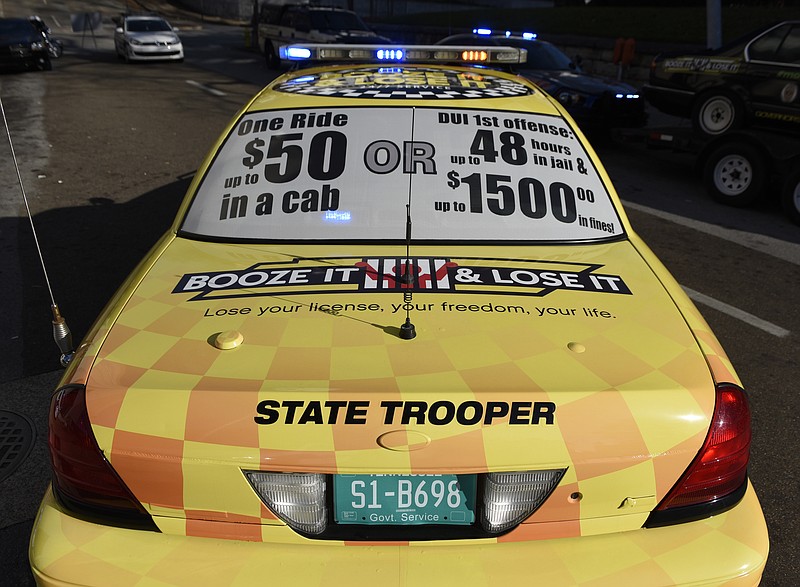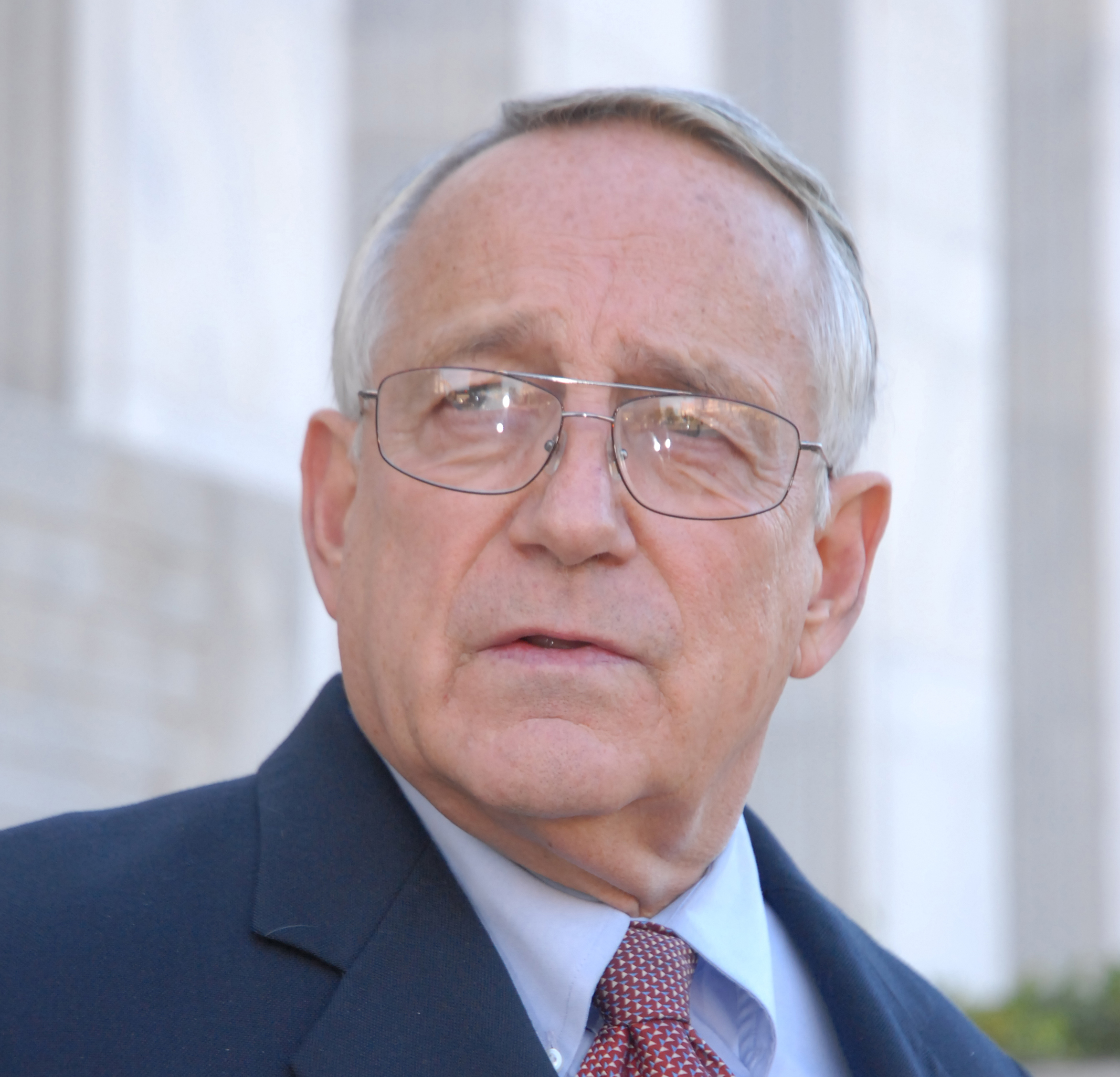As a landmark DUI contest heads to the Tennessee Supreme Court later this month, a bill has landed on Gov. Bill Haslam's desk that would fix an "unconstitutional" funding system at the heart of the case.
If Haslam signs HB 1959, which the General Assembly passed last week, a $250 drug-and-alcohol fee the Tennessee Bureau of Investigation receives for every successful impaired driving prosecution no longer will go to the agency.
Instead, the money will go straight to the legislature's general fund, which lawmakers distribute to various state agencies and departments, including the TBI. As a result, the bill predicts a $6.8 million increase to the general fund. TBI spokeswoman Susan Niland said Thursday the agency has no comment.
Haslam's spokeswoman, Jennifer Donnals, said the governor hasn't seen the bill yet, but is "deferred to the will of the legislature on this bill as amended."
The question still remains: How will this bill affect a 2012 case out of Chattanooga claiming the TBI has been using a fee system that encouraged positive results in blood-alcohol tests? According to court documents, the TBI earned about $22 million from that fee since 2005 - but only when it won a impaired driving prosecution. The Tennessee Supreme Court will hear arguments May 31 about whether that's unconstitutional, as the state's Court of Criminal Appeals ruled earlier this year.
"[This bill] will resolve the issue, if there is an issue there," said Rep. William Lamberth, R-Cottontown, who co-sponsored the bill. Lamberth said he worked on the bill after reading the appeals court ruling, which came out in February.
"From a policy standpoint, it is not fair to any state agency for us to ask them to balance their budget on fees that come in," Lamberth said of the old TBI fee mechanism. "There's very few circumstances where fees shouldn't come directly to the general fund."
Chattanooga attorney Jerry Summers, who sparked the Court of Criminal Appeals ruling for his client, Rosemary Decosimo, said Thursday he's not making any bets on how the Tennessee Supreme Court will rule. In a brief with the court on April 27, he pointed out the legislature is changing the law because there is no constitutional version.
"As a result of this case, the Tennessee Legislature is acting to change the system and has passed a law that removes the intoxicant testing fund from the statute and directs the fee to go to a general fund that will be appropriated by the general assembly," Summers wrote.
So far, Tennessee's Assistant Solicitor General, Jonathan David Shaub, has argued that TBI agents have no financial incentives to undermine their work in any way. "Moreover, there is no basis for suppressing the [blood or breathalyzer] evidence," he wrote on April 10. "The defendant [Decosimo] has never questioned the validity or accuracy of the test results or otherwise attempted to establish prejudice to her constitutional rights."
Indeed, Summers hasn't really argued that; his team is more concerned with the win-at-all-costs attitude the $250 could create. As a result of the case, though, some DUI cases in Hamilton County with blood or breathalyzer evidence have been placed on hold until the state Supreme Court offers a more binding opinion.
Contact staff writer Zack Peterson at zpeterson@timesfreepress.com or 423-757-6347. Follow him on Twitter @zack peterson918.


